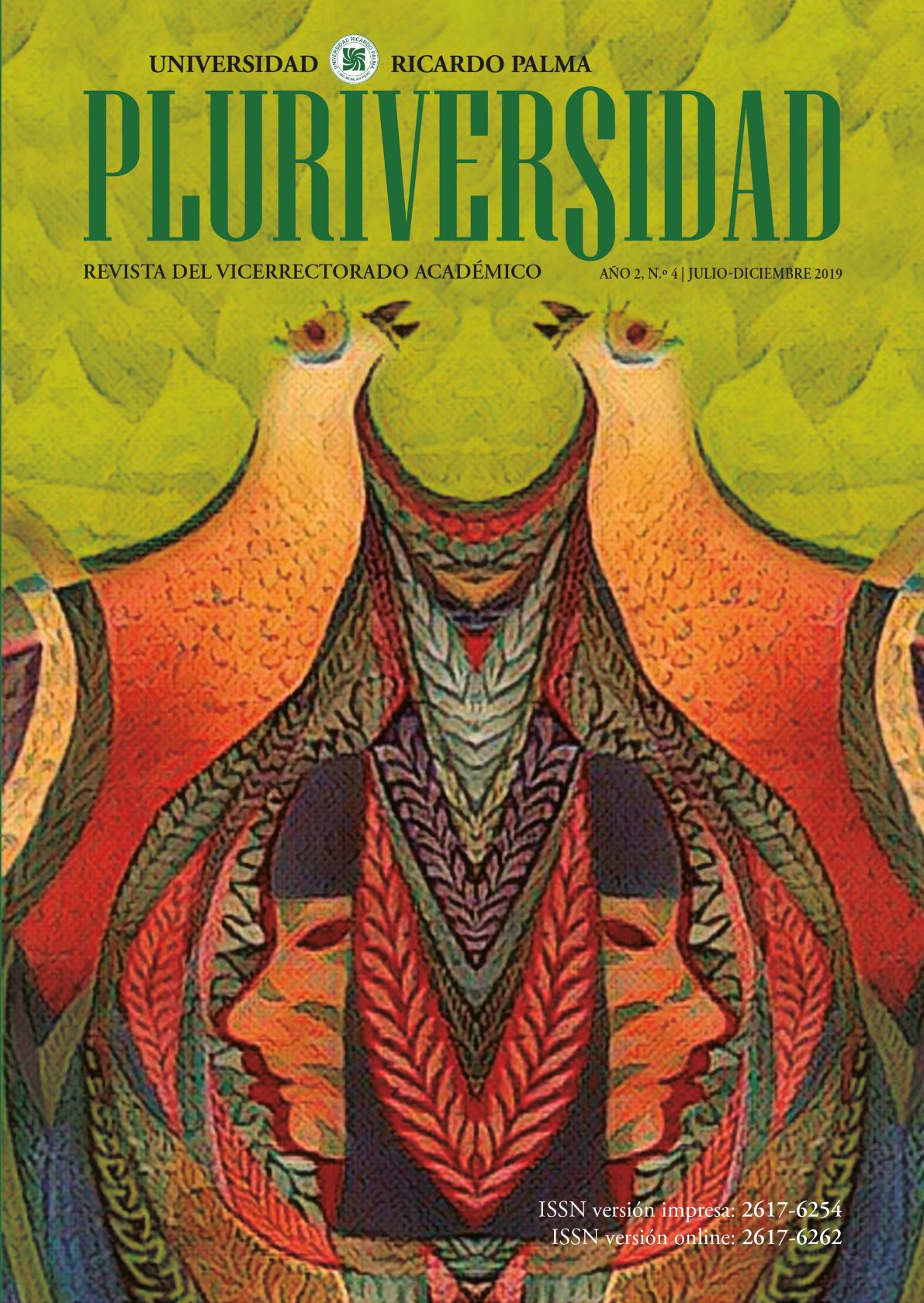Archetypic meanings of “the return to the earth" as an epistemological tour in Ladin America, land of worlwide people
An exploration from an ex-centric sociology of archetypes in the vision of the dramatic theory of society
DOI:
https://doi.org/10.31381/pluriversidad.v4i4.2769Keywords:
Myths and archetypes, universal thinking and appropriate thinking, displacement and return to earth, Mariátegui, Inca Garcilaso de la Vega, Orlando Fals Borda, Dramatic and traumatic theory of societiesAbstract
The essay addresses the processes of deep configuration of the “Ladina” American culture from the perspective of a sociology of myths and archetypes. Three of which are collated through a / leitmotiv of the meaning return to the land, a problem examined through the rather than millenary topic of displacement. José Carlos Mariátegui who guides the inquiry with a famous phrase from his “Seven Essays”: “Through the universal, ecumenical paths, which are so much reproached, we are getting closer and closer to ourselves;” that of the Inca Garcilaso de la Vega with his deed of appropriating in a first phase of his life the world of his Spanish father and in the second part unveiling the world of his Inca mother and finally, Orlando Fals Borda in his epic for transferring a Universal knowledge for the benefit of an understanding of the local worlds of life. They solve the schizophrenia of a Bolívar trapped in the dissonant Viracocha archetype of a Simón Rodríguez attached to the Pachamama as an incarnation of the archetype of “Tunupa”, the suffering God of the roads.





